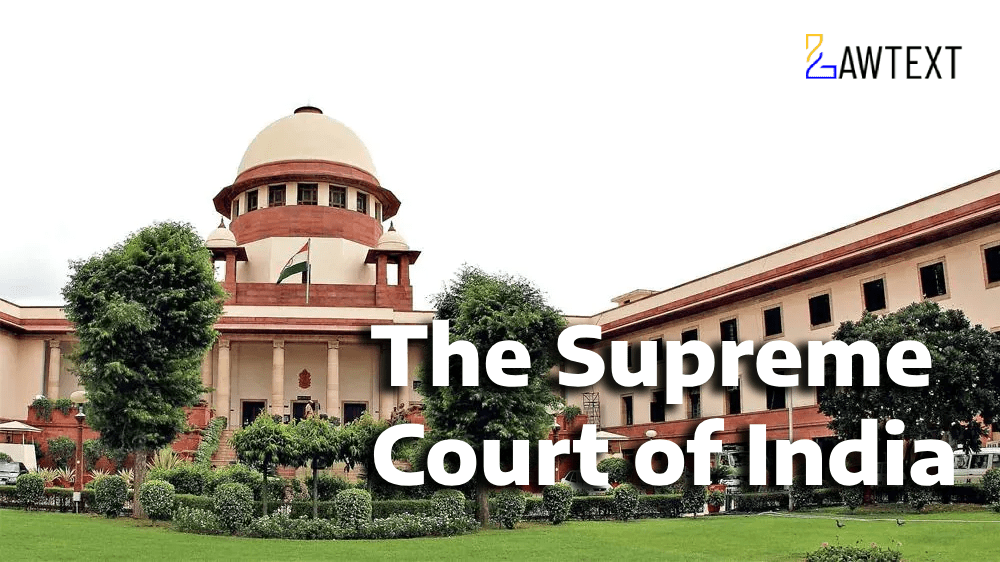Case Note & Summary
The appellant filed a complaint alleging a violation of Section 29A of the National Housing Bank Act, 1987. The Magistrate took cognizance of the complaint under Section 29A(i) read with Section 50, punishable under Section 49(2A). The High Court quashed the complaint, stating that the requirements of Section 50(1) were not met, similar to the requirements in Section 141 of the Negotiable Instruments Act. The Supreme Court partly allowed the appeal, quashing the complaint against the third to seventh accused but allowing it to proceed against the first and second accused.
Facts: Complaint Filed: The appellant filed a complaint under Section 200 of the Code of Criminal Procedure, 1973, alleging a violation of Section 29A of the National Housing Bank Act, 1987. Magistrate's Cognizance: The Magistrate took cognizance for the offence under Section 29A(i) read with Section 50, punishable under Section 49(2A) of the 1987 Act. Accused Parties: The first accused is a company, the second accused is the Managing Director, and the other five accused are Directors. High Court's Decision: The High Court quashed the complaint, citing non-compliance with Section 50(1) of the 1987 Act, similar to Section 141 of the Negotiable Instruments Act. Submissions: Appellant's Argument: The appellant's counsel argued that the complaint clearly showed a violation of Section 29A(i) of the 1987 Act and that the second accused was responsible for the conduct of the company's business. Accused's Argument: The counsel for the accused supported the High Court's judgment, stating that the required averments under Section 50(1) of the 1987 Act were not present in the complaint. Reasons: Section 50 of the 1987 Act: The court reviewed Section 50, which deals with offences by companies and their responsible persons. Comparison with NI Act: The court noted that Section 50(1) of the 1987 Act is similar to Section 141 of the NI Act. Complaint Analysis: The court found that the complaint lacked assertions that the directors (third to seventh accused) were in charge of and responsible for the company's conduct at the time of the offence. Previous Judgments: The court referred to the case of S.M.S. Pharmaceuticals Ltd. v. Neeta Bhalla to establish the need for specific averments in the complaint. Judgment: Quashing of Complaint: The court upheld the High Court's decision to quash the complaint against the third to seventh accused due to lack of specific averments. Proceeding Against Managing Director: The court allowed the complaint to proceed against the second accused, the Managing Director, who is assumed to be responsible for the company's conduct. Proceeding Against Company: The complaint was also allowed to proceed against the first accused, the company, as no reasons were given to quash it. Order: Modification of Impugned Order: The complaint is quashed against the third to seventh accused. Continuation Against First and Second Accused: The complaint shall proceed against the first and second accused. Appeals Partly Allowed: The appeals are partly allowed on these terms.
Issue of Consideration: National Housing Bank Versus. Bherudan Dugar Housing Finance Ltd. & Ors. Etc.
Premium Content
The Issue of Consideration is only available to subscribed members.
Subscribe Now to access critical case issues





